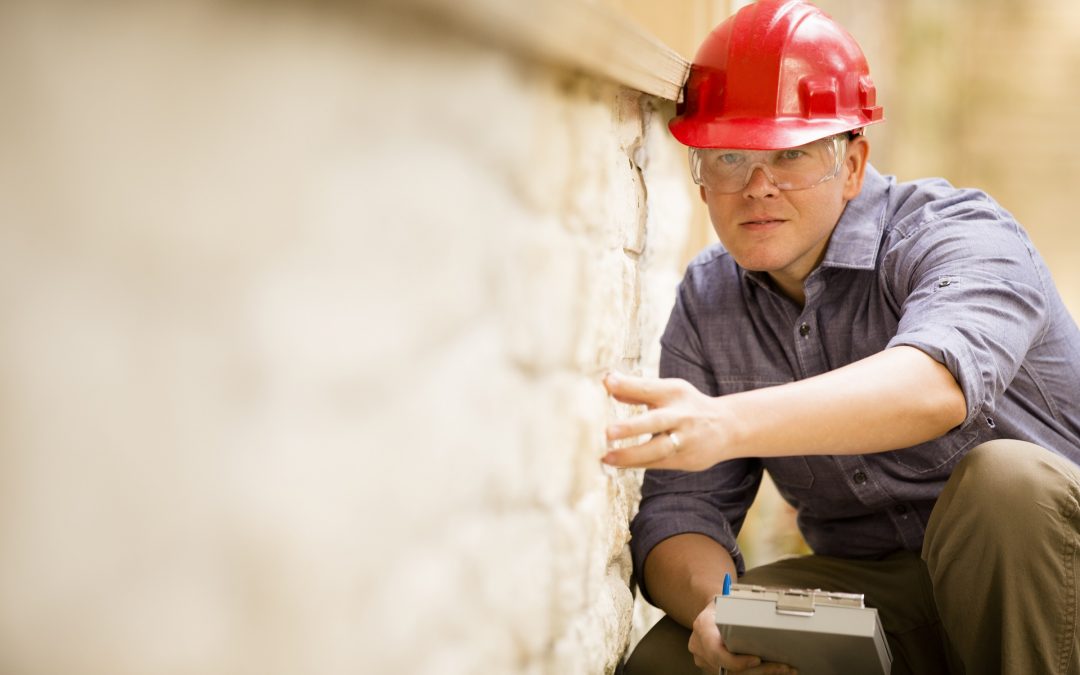On January 8, 2024, Governor Murphy signed into law new legislation, bill S2760 and A4384, that will significantly impact community associations throughout New Jersey. These laws address two critical areas: building inspections and reserve funding. This legislation was a direct response to the tragic collapse of the Chaplain Towers building in Florida in 2021, which resulted in the devastating loss of 98 lives.
Building Inspections
The new statute introduces specific requirements for building inspections, targeting certain types of structures defined as “covered buildings.” According to the law, covered buildings include residential condominiums or cooperative buildings with a primary load-bearing system composed of concrete, masonry, steel, or hybrid structures, such as heavy timber and buildings with podium decks. Standard wood-frame buildings, like single-family homes and typical townhouse projects, are excluded from this definition.
For covered buildings, the following requirements apply:
• Buildings with a Certificate of Occupancy (C.O.) issued more than 15 years ago: A structural engineer must perform a structural inspection within 2 years.
• Buildings less than 15 years old: A structural inspection is required within 1 year after the 15th anniversary of the C.O. issuance.
• The structural inspections must follow protocols established by the American Society of Civil Engineers.
• If maintenance or repairs are needed for the primary load-bearing system, the engineer will provide a timeline for completion.
• Inspection reports must be sent to the local construction official and all unit owners, and made available to any building residents upon request.
• Follow-up structural inspections are required within ten years of the previous inspection. For buildings over 20 years old, inspections must occur within the earlier of (a) five years following the prior inspection, (b) the date specified in the engineer’s report, or (c) within 60 days of any damage to the primary load-bearing system.
To gain deeper insights into the implications of this legislation and to join the conversation on enhancing structural integrity and financial stability within communities, subscribe to Kipcon’s monthly webinar series.
Reserve Studies
The statute mandates that all community associations and cooperatives conduct reserve studies and fund their reserve accounts according to the chosen funding plan, typically baseline funding or one of the threshold funding alternatives.
Key requirements include:
• No reserve study in the past 5 years: A new reserve study must be conducted within 1 year.
• Existing reserve study within 5 years: The next reserve study is required within 5 years.
• If the reserve account has a deficiency that would necessitate more than a 10% increase in common expense assessments, the association has the earlier of 10 years to rectify the deficiency or until the projected date when the reserve account will have a negative balance.
• For deficiencies that would increase maintenance fees by less than 10%, the association must immediately budget for sufficient reserves per the reserve study and chosen funding plan.
• Associations can use reserve funds only for the allocated common elements requiring repair or replacement. However, the governing board may borrow from reserves to cover additional repair or replacement costs, provided they adopt a resolution to reimburse the borrowed amount within five years without jeopardizing other necessary repairs or replacements.
Bill S2760: Additional Considerations and Information
- For new associations, developers must prepare a preventative maintenance document, detailing an itemized schedule for required maintenance, which must be included in the developer’s budget for the association.
- The statute also stipulates that no owner vote is required if the governing board assesses unit owners to pay for structural repairs.


Kipcon’s Role in Helping Pass NJ Bill S2760 and A4384
Kipcon engineers played a crucial role in drafting this legislation. Mitch Frumkin, Founder of Kipcon, co-chaired the Building Maintenance and Structural Integrity Task Force and led the Reserve Study and Funding Plans Task Force, contributing to the new laws enacted in New Jersey.
Mr. Frumkin also chaired a joint task force between the Community Associations Institute (CAI) and the National Association of Home Builders (NAHB), focusing on the transition of community associations from developer to homeowner control. This effort resulted in the publication of “Best Practices: Transition,” recently updated under his guidance.
Additionally, Mitch Frumkin teaches senior-level CAI courses, including M-370, “Managing Developing Communities,” and M-320, “High Rise Maintenance and Management,” sharing his expertise with future community association professionals.
